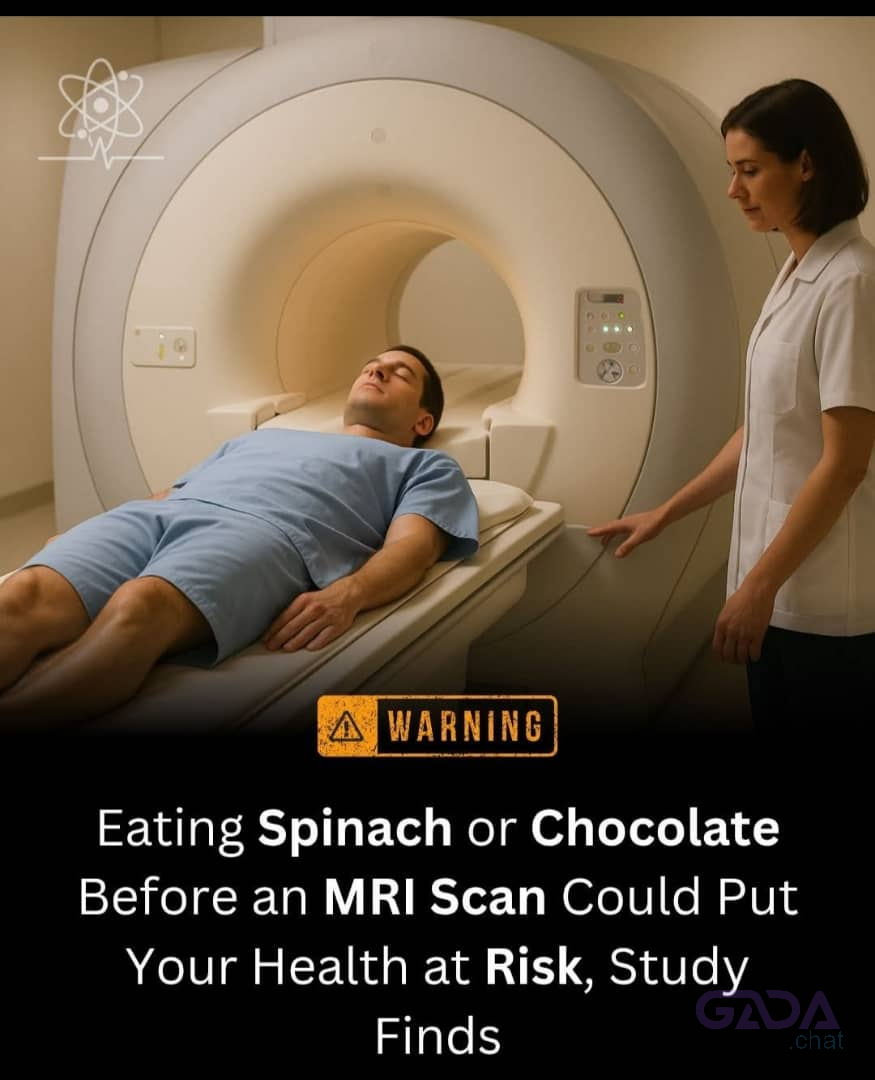Researchers at the University of New Mexico found that oxalic acid present in foods like spinach, nuts, and chocolate can react with gadolinium, a metal used in MRI contrast dyes, to form harmful nanoparticles.
These particles may leak into organs, potentially causing rare but serious health issues like fibrosis or organ damage.
The study suggests that a person’s diet might influence their reaction to MRI scans.
Doctors may one day advise patients to avoid certain foods or supplements before undergoing a contrast-enhanced MRI.
These particles may leak into organs, potentially causing rare but serious health issues like fibrosis or organ damage.
The study suggests that a person’s diet might influence their reaction to MRI scans.
Doctors may one day advise patients to avoid certain foods or supplements before undergoing a contrast-enhanced MRI.
Researchers at the University of New Mexico found that oxalic acid present in foods like spinach, nuts, and chocolate can react with gadolinium, a metal used in MRI contrast dyes, to form harmful nanoparticles.
These particles may leak into organs, potentially causing rare but serious health issues like fibrosis or organ damage.
The study suggests that a person’s diet might influence their reaction to MRI scans.
Doctors may one day advise patients to avoid certain foods or supplements before undergoing a contrast-enhanced MRI.
0 Comments
0 Shares
224 Views
0 Reviews



